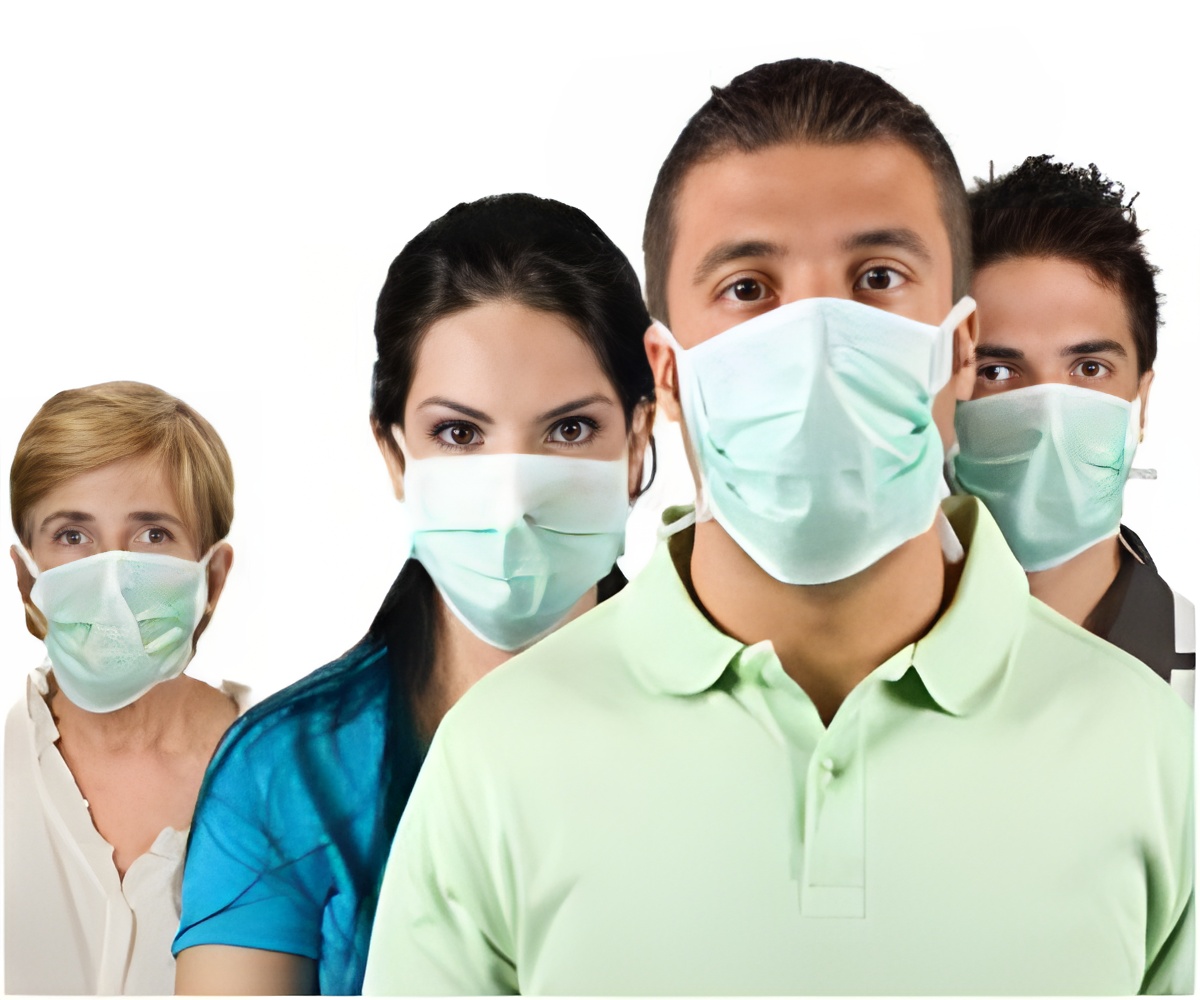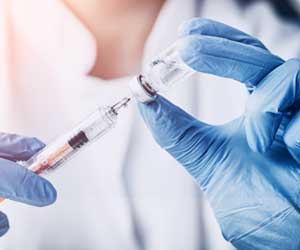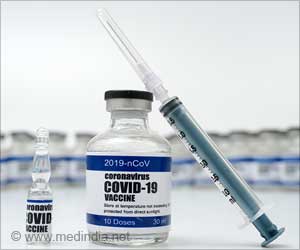Humidity created inside the mask may provide additional benefit in combatting respiratory diseases such as COVID-19

‘Humidity created inside the mask may provide additional benefit in combatting respiratory diseases such as COVID-19. It is due to the hydration of the respiratory tract and production of a special protein called interferons to fight against the virus. This adds evidence on the importance of the mask to battle against COVID-19.’





Promotion of mucociliary clearance (MCC), a defense mechanism that removes mucus ? and potentially harmful particles within the mucus? from the lungs, serves as one of the driven reasons by the hydration of the lungs. "We found that face masks strongly increase the humidity in the inhaled air and propose that the resulting hydration of the respiratory tract could be responsible for the documented finding that links lower COVID-19 disease severity to wearing a mask. High levels of humidity have been shown to mitigate the severity of the flu, and it may be applicable to the severity of COVID-19 through a similar mechanism", says the study's lead author, Adriaan Bax, Ph.D., NIH Distinguished Investigator.
Humidity Offered by Mask
The study team analyzed four common types of masks: an N95 mask, a three-ply disposable surgical mask, a two-ply cotton-polyester mask, and a heavy cotton mask. Volunteers were asked to breathe into a sealed steel box for measuring the level of humidity.
A rapid increase in humidity was noticed, as the water vapor of the exhaled breath filled the box from a person wearing no mask. On the contrary, the buildup of humidity inside the box greatly decreased on wearing a mask, as most of the water vapor remaining in the mask became condensed and was re-inhaled.
Advertisement
The researchers did not look at which masks are most effective against inhalation or transmission of the virus and defer to the CDC for guidance on choosing a mask.
Advertisement
Source-Medindia











